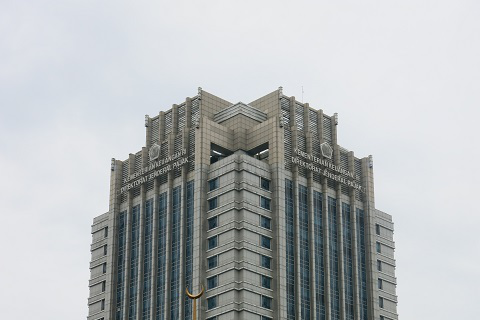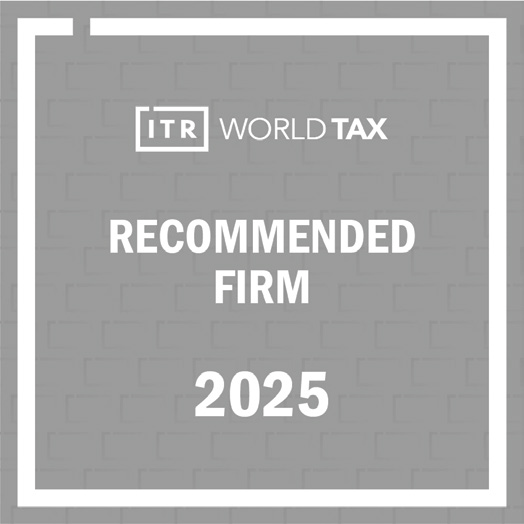Indonesia's Tax Ratio Goes Down to 10.73%

JAKARTA. The government is considered failed to reach the tax ratio target in 2019, as the realization is only 10.73%. Whereas in the 2019 State Budget (APBN), the government sets a tax ratio target of 12.2%.
In addition to failing to reach the target, this tax ratio is also lower compared to 2018 which was recorded at 11.4%. Simultaneously, this break the rebound trend that began to occur in recent years (see chart).
|
Tahun |
Tax Ratio |
|
2013 |
13,6% |
|
2014 |
13,1% |
|
2015 |
11,6% |
|
2016 |
10,8% |
|
2017 |
10,7% |
|
2018 |
11,5% |
|
2019 |
10,73% |
The value of the tax ratio is known based on the temporary realization of the 2019 APBN, compared to the realization of the 2019 Gross Domestic Product (GDP), released by the Central Statistics Agency (BPS), which amounted to Rp. 15,883.9 trillion. While the temporary realization of Indonesia's tax revenue plus oil and gas PNBP of Rp 1,699.4 trillion.
The decrease in the tax ratio is inseparable from the low tax revenue in 2019, which experienced a shortfall of up to Rp 245.4 trillion and only grew 1.43% (the lowest since 2010).
Lack of Extra Effort
One reason for the low tax revenue last year was the limited space for the government to make extra efforts, or more efforts in the pursuit of tax revenue. It can be seen from the tax growth that is lower than the GDP growth recorded at 5.02%.
In fact, in theory the growth of tax revenue is a combination of GDP growth or economic growth, inflation rate plus extra effort. If we total the economic growth in 2019 with the inflation rate recorded 2.72% then it should be, at least tax revenues grew by 7.74% (natural growth).
Tough Target
Meanwhile, for 2020 the tax ratio targeted by the government is 11.5%, assuming tax revenue can be collected at Rp 1,865.7%. With this realization number, it means that the growth of tax revenue should be 20.73% from the temporary realization in 2019.
This is certainly not an easy target to achieve, if we use the baseline for the realization of the 2019 state budget. A large extra effort is needed from the tax and customs authorities to pursue the target of state revenue.
But as we know, the challenges faced are not simple, the threat of a slowdown in the global economy is one thing to be aware of. In addition to eroding the tax base, this condition will also force the government to be more aggressive in providing both fiscal and non-fiscal incentives.


